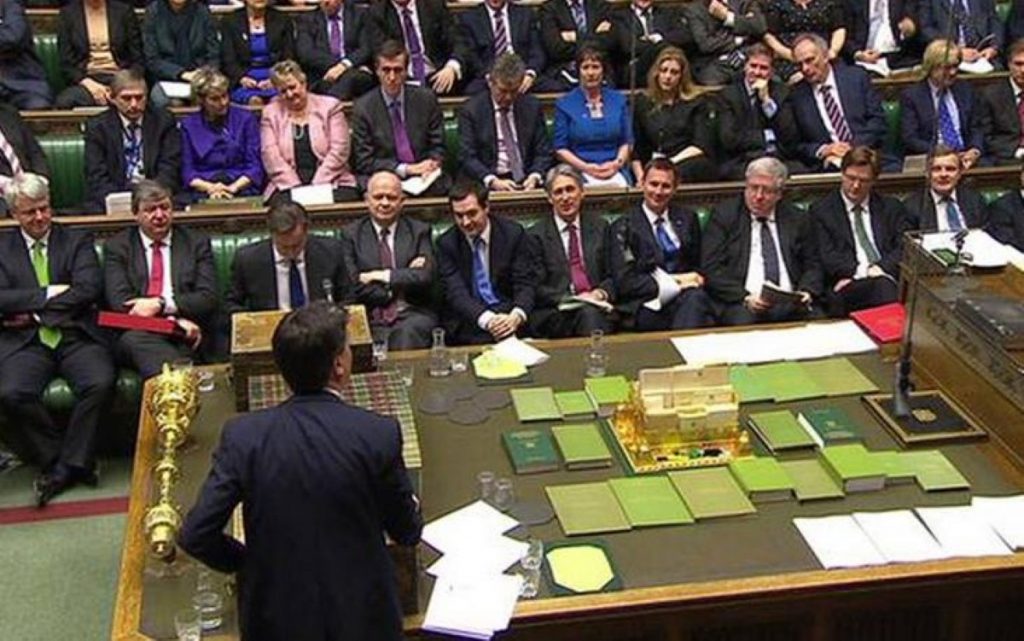Sexist, male and damaging: What women really think of parliament
There was further evidence of women's widespread disillusionment with parliament today, after a new survey showed huge levels of distrust and anger about the British political system.
The Mumsnet survey of 1,200 users found 90% believed Westminster culture to be sexist.
When asked which characteristics would be advantageous to those looking to succeed in politics, 94% of respondents said ambition, 92% cited social connections, 86% said ruthlessness, 84% said being well-off, and 78% said being male.
"For ages now it seems we've all accepted that parliament is outdated, unrepresentative and sexist," Justine Roberts, CEO of Mumsnet, said.


"We'd love the parties to stop paying lip service to this and to start taking concrete steps to get its house in order."
Sixty-six per cent of respondents thought success in politics relied on who you know and which school or university you attended
Over two-thinrds said they would not stand for parliament or as a local councillor. For 47% of people it was because it was "not for me", but 22% said they were concerned about the need for a thick-skin in the adversarial culture which exists in parliament. Eleven per cent said it was because it was not family-friendly.
In total, 85% of respondents did not think parliament was family-friendly.
PMQs came in for particular criticism, with 76% of people saying it was outdated and unprofessional, while 50% thought it damaged parliament's reputation.
Over half backed suggestions from the Hansard society that MPs who misbehaved in PMQs should be 'sin-binned'.
Eighty-four per cent said they wanted to vary the format of the session with rapid fire Q&As and more open questions.
Forty-nine per cent of Mumsnet users said they would vote for a party with greater female representation and 63% said they thought having more women in top political jobs meant they would have a greater understanding of their concerns.












